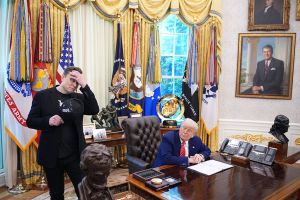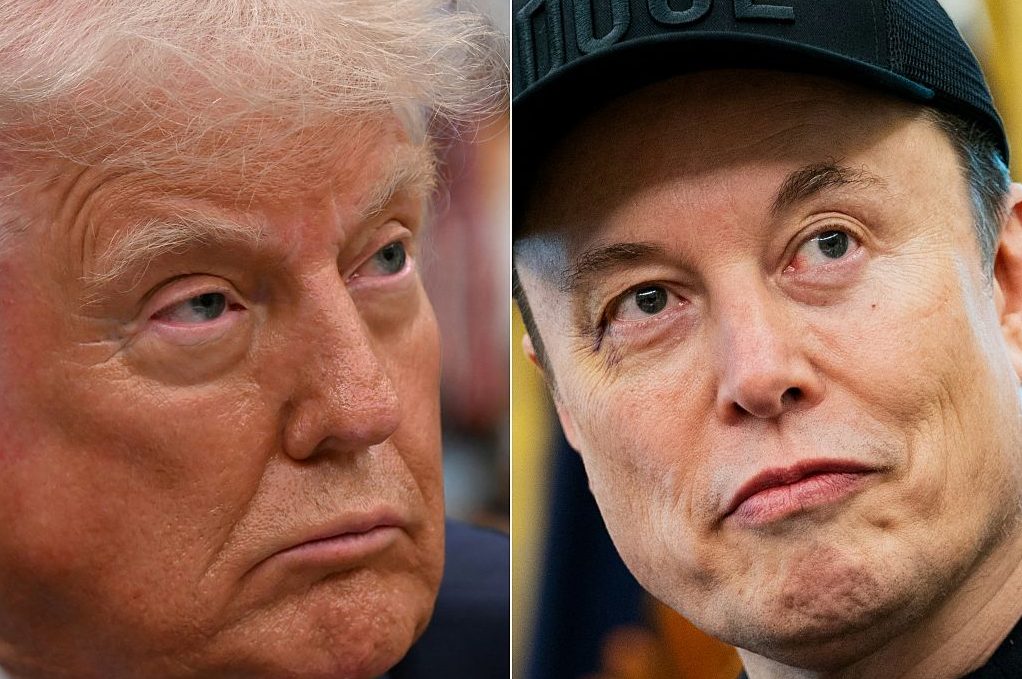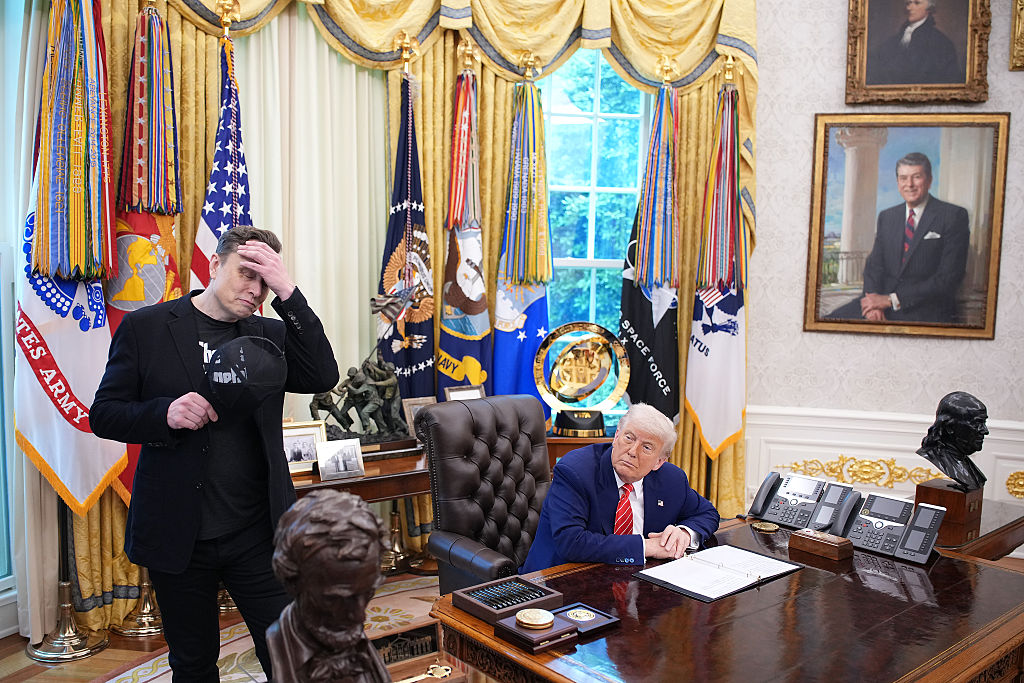The BBC’s response to recent White House criticism over its Gaza coverage highlights the Corporation’s vulnerability on the question of impartiality in conflict reporting. What began as a public rebuke by Trump’s press secretary, Karoline Leavitt, over a disputed report quickly developed into a broader interrogation of the BBC’s editorial assumptions and its long-standing handling of the Israeli–Palestinian conflict.
Jeremy Bowen, the BBC’s international editor, defended the Corporation and accused the Trump administration of dishonesty. Responding to Leavitt’s remarks, he said, “To be quite frank, the Trump administration does not have a good record when it comes to telling the truth itself. She’s making a political point, basically.” Bowen’s prominence makes his statements significant – but his remarks raise questions about the BBC’s impartiality. When a senior BBC figure implies that a sitting US administration routinely lies, that poses serious questions about impartiality – a core BBC requirement. Such assertions undermine the BBC’s claim to neutrality, particularly when the speaker has a documented history of misreporting.
Following the al-Ahli hospital explosion, Bowen wrongly claimed the building had been “flattened” by an Israeli air strike. In fact, the structure was intact, and the explosion was likely caused by a misfired Palestinian rocket. Bowen later admitted he was wrong, stating, “Oh yeah, well I got that wrong,” but added dismissively, “I don’t regret one thing in my reporting, because I think I was measured throughout.”
His past reporting has drawn formal complaints – upheld by the BBC Trust – for breaching standards of accuracy and impartiality. Notably, in 2009, the BBC Trust ruled against Bowen in two separate cases. One involved a 2007 online article in which Bowen described Zionism as having an “innate instinct to push out the frontier” and accused Israel of acting “in defiance of everyone’s interpretation of international law except its own.” The Trust found these statements breached impartiality guidelines and failed to offer alternative perspectives.
In another case, a 2008 radio report claimed that the US considered a particular Israeli settlement illegal. The Trust found the statement inadequately sourced, rendering it inaccurate. His continued prominence suggests the BBC does not take such breaches seriously. Even in instances where he has not been formally found to have violated BBC rules, viewers frequently lodge complaints about his coverage – particularly his tendency to present one-sided stories without sufficient balance or critical distance.
Bowen has also repeatedly asserted that Israel refuses media access to Gaza because it wants to conceal its actions. This is a valid theory – but it is far from the only plausible one. The explanation lacks balance. Israel has legitimate concerns: that journalists would be endangered, manipulated by Hamas or used as pawns in a propaganda war. In such a context, restricting access is a difficult strategic choice – less than ideal, but at least explicable by non-sinister, operational and humanitarian considerations.
At issue was the BBC’s coverage of an Israeli strike near an aid distribution centre in Rafah. Leavitt accused the BBC of accepting casualty numbers from Gaza’s Hamas-run health ministry without question and claimed the outlet had to retract its story after realizing the footage didn’t support it. The BBC denied the retraction, stating the article was merely updated throughout the day as more information emerged. But if the original version was substantially based on false or unverified premises, why wasn’t it removed entirely? The BBC’s insistence on incremental edits rather than full retractions speaks volumes about its reluctance to admit error.
This incident exemplifies a broader problem. The BBC routinely relies on casualty figures from a health ministry controlled by Hamas – a proscribed terrorist organization with a proven record of propaganda. These figures have frequently been shown by independent analysts to be exaggerated or implausible. The BBC’s justification – that it lacks access to Gaza and must report the figures it receives – is inadequate. Absence of access does not excuse the abandonment of journalistic scepticism.
Even when the facts are not misrepresented, key context is often missing. In a recent report from Beirut, the BBC’s Orla Guerin toured a hospital alleged by Israel to contain Hezbollah’s hidden assets. Guerin, presumably under Hezbollah’s restrictions, filmed standard medical rooms and repeated the hospital’s denials. She ignored specific coordinates provided by Israel. This is not reporting – it is the passive relay of a storyline shaped by a hostile actor, with a built in assumption that Israel is an undeniably dishonest actor which is deliberately trying to mislead. The reality is surely that its terrorist enemies are far more likely to be guilty of such deception and manipulation, yet all too often they go entirely unchallenged by the BBC’s coverage.
Such failures of curiosity and courage are not rare. They reflect a pattern: reflexive skepticism toward Israeli sources, deference to claims from Hamas or Hezbollah, and a resistance to correction. When BBC journalists reject White House criticism as political gamesmanship, yet engage in commentary themselves, they discredit the very neutrality they claim to uphold.
Leavitt’s remarks may have contained factual imprecision, but they spotlighted a deeper issue. The BBC has developed a habit of accepting claims from deeply compromised sources and defending its coverage with bureaucratic obstinacy. Its journalistic posture on Gaza is shaped less by objectivity than by inertia and institutional pride.
The BBC’s defensive posture in the face of this criticism is telling. Rather than acknowledging any shortcoming, it accused the White House of confusion and misrepresentation. Perhaps so – but what of its own record?
We should extend a vote of thanks to the United States and to the White House for once again drawing international attention to the UK’s major institutional failings – failings that so often go unchallenged within our own political and media landscape. When others shrink from the task, it is increasingly voices from the Trump administration that provoke the uncomfortable scrutiny our public institutions apparently need.


























Leave a Reply